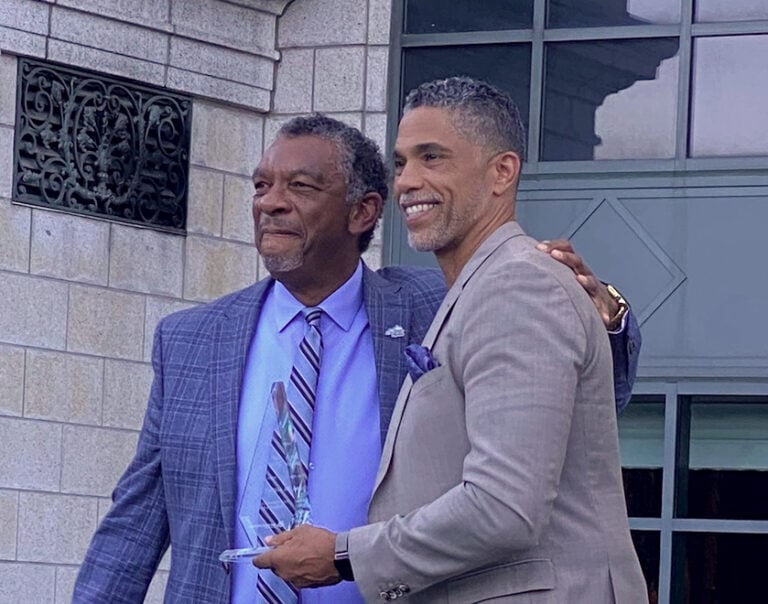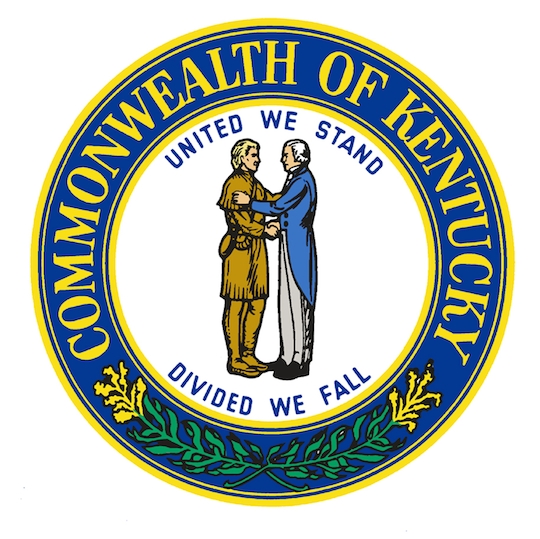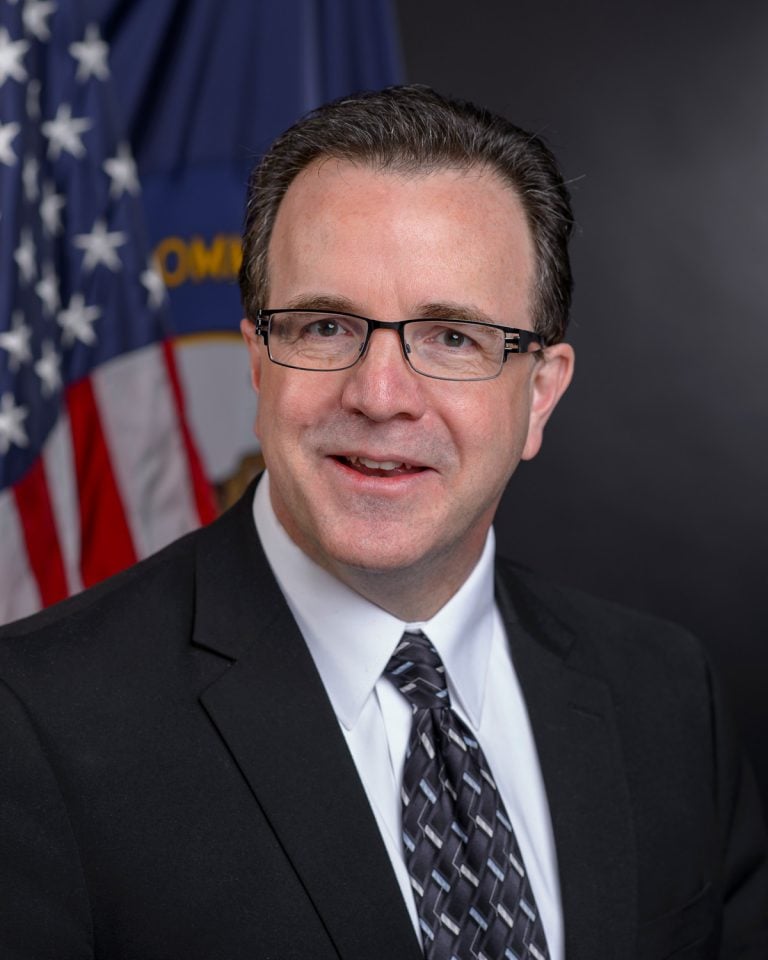With very little fanfare, the open records law recently claimed another victory in the Fayette Circuit Court.
On April 25, Fayette Circuit Judge Kimberly Bunnell affirmed a 2015 open records decision issued by the Office of the Attorney General in a dispute concerning access to the records of the Kentucky Medical Services Foundation.
The issue presented to the Fayette Circuit Court in Kentucky Medical Services Foundation v. Lachin Hatemi is, perhaps, not as engrossing as the issue presented in The Kernel Press, Inc. vs. The University of Kentucky, but it is every bit as important.
That issue is whether a public agency can avoid the application of the open records law by secreting away its records in a “foundation” that is, in reality, established, created, an controlled by the agency seeking to evade accountability.
Its a growing problem. Consider, for example, the University of Louisville Foundation. The Foundation operated in secrecy until 2003 when the Kentucky Court of Appeals concluded that it was a public agency for open records purposes because it was “established, created, and controlled” by the university. Then consider subsequent disclosures relating to the Foundation and the University that confirmed bad investments, excessive spending, self-dealing, and deception at the highest levels of administration.
KMSF is a nonprofit corporation created in 1978 to address problems associated with attracting and retaining quality faculty members to the UK College of Medicine. The university found a solution to its inability to offer competitive compensation and benefits in “a geographic full-time medical services plan [or physician practice plan] for the University College of Medicine” which was established by University Board of Trustees’ resolution in June of that year. KMSF filed its articles of incorporation on the same day.
In a 2016 editorial, the Lexington Herald-Leader described KMSF’s purpose as collecting physician fees at the UK Medical Center “and us[ing] them to boost doctors’ pay as well as to support other worthwhile endeavors at UK.”
“Flash forward 40 years,” the editorial continued, and “KMSF has grown into a hulking $200 million entity with widespread investments, a very self-contained oversight system, and a penchant for secrecy.”
One year earlier, the issue of KMSF’s status under the open records law had been presented to the attorney general. In what has since become standard practice for the University of Kentucky, the editorial continued, “the foundation blew off the AG’s request for information” to substantiate its position that it is not a public agency.
After reviewing all available documentation, the Office of the Attorney General determined that KMSF was a public agency. Among the compelling evidence of the university’s role in the establishment and creation of the foundation was a February 21, 1979, letter from President Otis Singletary to the Internal Revenue Service. In it, he stated that discussions “between [his] office and the administration of the College [of Medicine] resulted in the formation and incorporation of the Kentucky Medical Services Foundation, Inc.,” and that “[t]he Corporation has been organized to meet…criteria enumerated by the Board [of Trustees].”
The university’s control of KMSF was predicated on an agreement that “divests the Foundation of the general powers conferred on a nonprofit corporation by KRS 273.171 and suggests a less than arms-length contractual relationship between the Foundation and the University.”
KMSF appealed the attorney general’s open records decision.
In late April, the Fayette Circuit Court ruled from the bench in favor of Hatemi. The court affirmed the attorney general’s open records decision. A few weeks earlier, Judge Bunnell affirmed a 2016 open records decisions in which the attorney general determined that the University of Kentucky Healthcare Compensation Planning Committee, described by Hatemi as an “echo chamber” of KMSF, and consisting of a nearly identical governing body, is a public agency. Judge Bunnell’s ruling in that case has already been appealed to the Kentucky Court of Appeals.
And there is virtually no doubt that the circuit court’s determination that KMSF is a public agency will be appealed when it is final.
In these cases, the costs of the litigation have been, and are being, borne by a single individual, Lachin Hatemi, who retained Lexington lawyer Andre Regard to represent him in 2015. Their “David and Goliath” battle with the University of Kentucky has gone virtually unnoticed.
Hatemi’s case is strong, but no one can be certain how the issues will be resolved in the appellate court.
One thing is certain. As the Herald-Leader observed in its 2016 editorial, “large sums of money paired with secrecy often creates a toxic result. Leaders at UK and KMSF do not serve their institutions or the public interest by pulling the cloak ever more tightly around their actions,”
Amye Bensenhaver is a retired assistant attorney general, open government advocate, and blogger for the University of Kentucky Scripps Howard First Amendment Center. Along with Jennifer P. Brown, former editor of the Kentucky New Era and publisher of an online news site in her hometown of Hopkinsville, she recently helped establish the Kentucky Open Government Coalition to provide a voice for all citizens who support government transparency and accountability. This article first appeared on the Kentucky Open Government’s Facebook page.


















